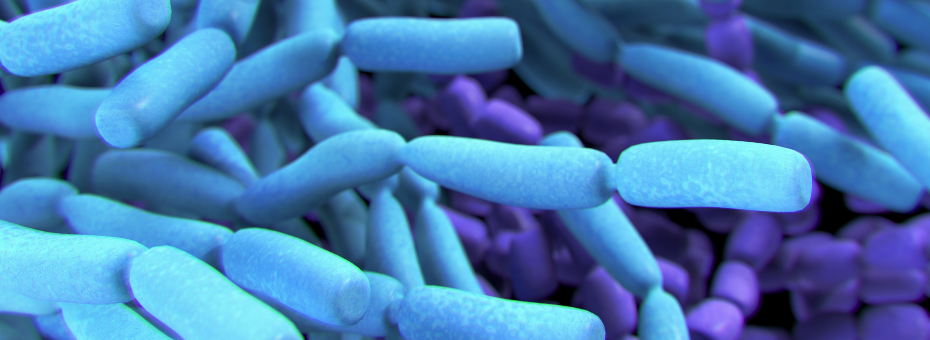
Access our weekly blogs written by our research and clinical team
Sign up for notifications →Blog
Vincent Pedre, MD | September 4, 2024
Vincent Pedre, MD | July 10, 2024
Vincent Pedre, MD | December 13, 2023
Vincent Pedre, MD | November 22, 2023
Vincent Pedre, MD | December 28, 2022
Vincent Pedre, MD | May 2, 2022
Vincent Pedre, MD | April 16, 2019
Vincent Pedre, MD | February 16, 2017
Vincent Pedre, MD | February 16, 2014
Vincent Pedre, MD | March 16, 2013
Vincent Pedre, MD | January 16, 2013
Looking for More?
Health Concerns
Experts
- Adrian den Boer, ND, DC, IFMCP
- Angela Lucterhand, DC
- Bill Hogarth, DC, MBS
- Carrie Jones, ND, FABNE, MPH
- Christopher Mote, DO, DC, IFMCP
- Elizabeth Strong
- Elroy Vojdani, MD
- Frank Bodnar, DC, MS
- Jeffery Gladd, MD
- Jeffrey Bland, PhD, FACN, CNS
- Jill Carnahan, MD
- Jonathan Cannizzo, MSc
- Joseph Ornelas, PhD, DC
- Kara Fitzgerald, ND
- Kareem Kandil, MD, ND
- Katrina Wilhelm, ND
- Mark J. Tager, MD
- Megan Borreson, ND
- Mia Iyer, DC
- Murray Ardies, PhD
- Olivia Morrissey
- Ralph LaForge, MSc, FNLA, CLS
- Randi Mann, WHNP-BC, APNP, NCMP
- Sean Newsom, PhD
- Shilpa P. Saxena, MD, IFMCP
- Stacey Smith, DC
- Steve Amoils, MD
- Steven Imgrund, MS, CNS
- Terry Wahls, MD
- Thomas G. Guilliams, PhD
- Todd R. LePine, MD
- Uli Iserloh, PhD
- Vincent Pedre, MD





.jpg?sfvrsn=8045c27c_10)






